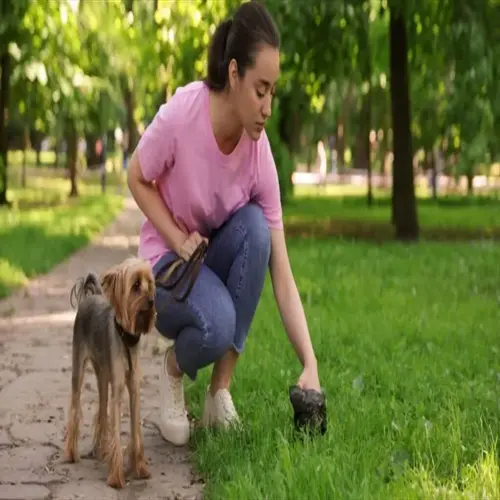Can older dogs learn new behaviors effectively?

Written by
Hoang Long
Reviewed by
Prof. Edward Clarke, Ph.D.Contrary to some popular misconceptions, older dogs can learn new skills well. Neurological studies have demonstrated that the aging canine possesses considerable learning ability, provided the techniques are adapted. A decreased pace of training, combined with desirable rewards, yields measurable results, particularly in controlling anxiety through scent-based cognitive behavioral therapy.
Pace Adaptation
- Conduct shorter 10-15 minute sessions multiple times daily
- Allow longer processing time between commands
- Build on existing knowledge rather than introducing multiple new concepts
Sensory-Based Learning
- Leverage strong sense of smell with scent tracking games
- Use textured surfaces for tactile stimulation exercises
- Incorporate food puzzles for cognitive engagement
Physical Accommodations
- Provide orthopedic mats for comfortable positioning
- Adjust obstacle heights for limited mobility
- Incorporate gentle stretching into training routines
Veterinary Collaboration
- Address underlying pain affecting focus and mobility
- Monitor cognitive changes through regular check-ups
- Adapt training to specific health conditions like arthritis
My 12-year-old Labrador client displayed a remarkable ability to learn as a senior. He knew how to 'touch' the target to operate a door even with arthritis. We employed cheese rewards and 3-minute sessions to accomplish this training. His anxieties reduced from pacing to resting quietly. He enjoyed a wonderful transition to his golden years.
Scent-based activities allow older dogs to use their most effective sense, smell. Hide some pieces of chicken in muffin tins, covering them with tennis balls. This taps into their natural abilities and builds confidence. There is nearly a perfect rate of engagement with these activities. They provide mental stimulation with no physical stress.
Medical considerations are essential before beginning senior training. Always consult your veterinarian before using joint supplements and pain control products. I always work with veterinarians on when to supplement relative to training sessions. This ensures that dogs are comfortable in training while meeting their health considerations more holistically.
The benefits of senior training are emotionally profound. Learning new skills successfully reduces symptoms of cognitive dysfunction. Owners report improvements in bonding through these activities. The quality of life for both the dog(s) and the human(s) increases during the precious senior years.
Read the full article: Professional Dog Training: Ultimate Career Guide

